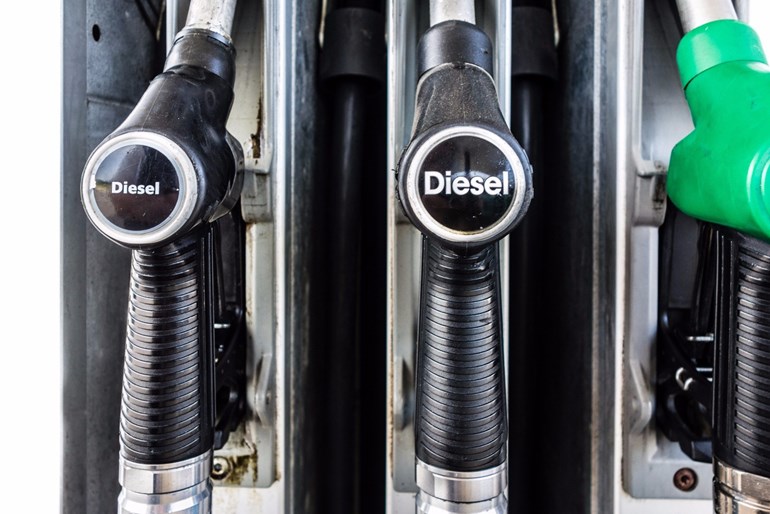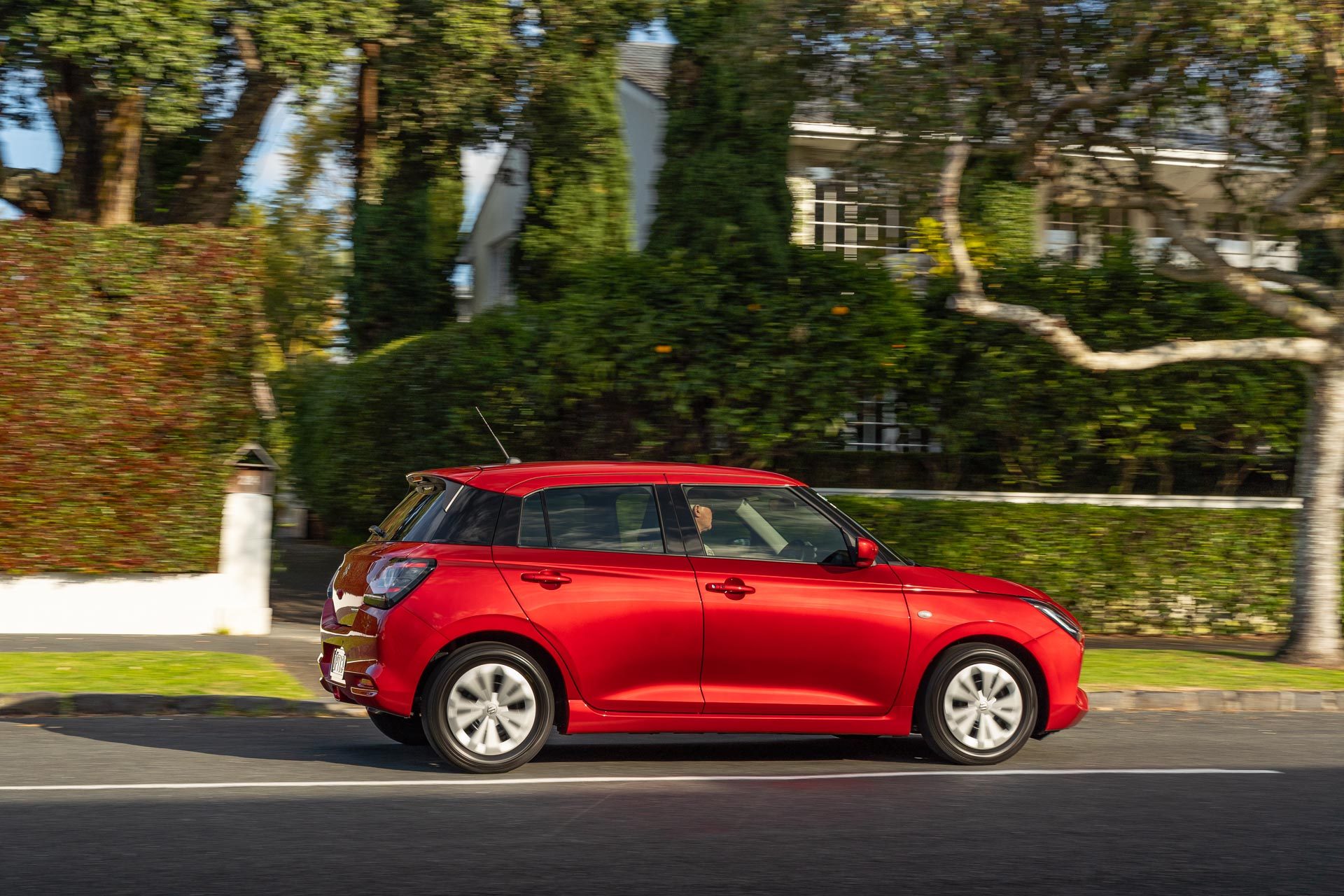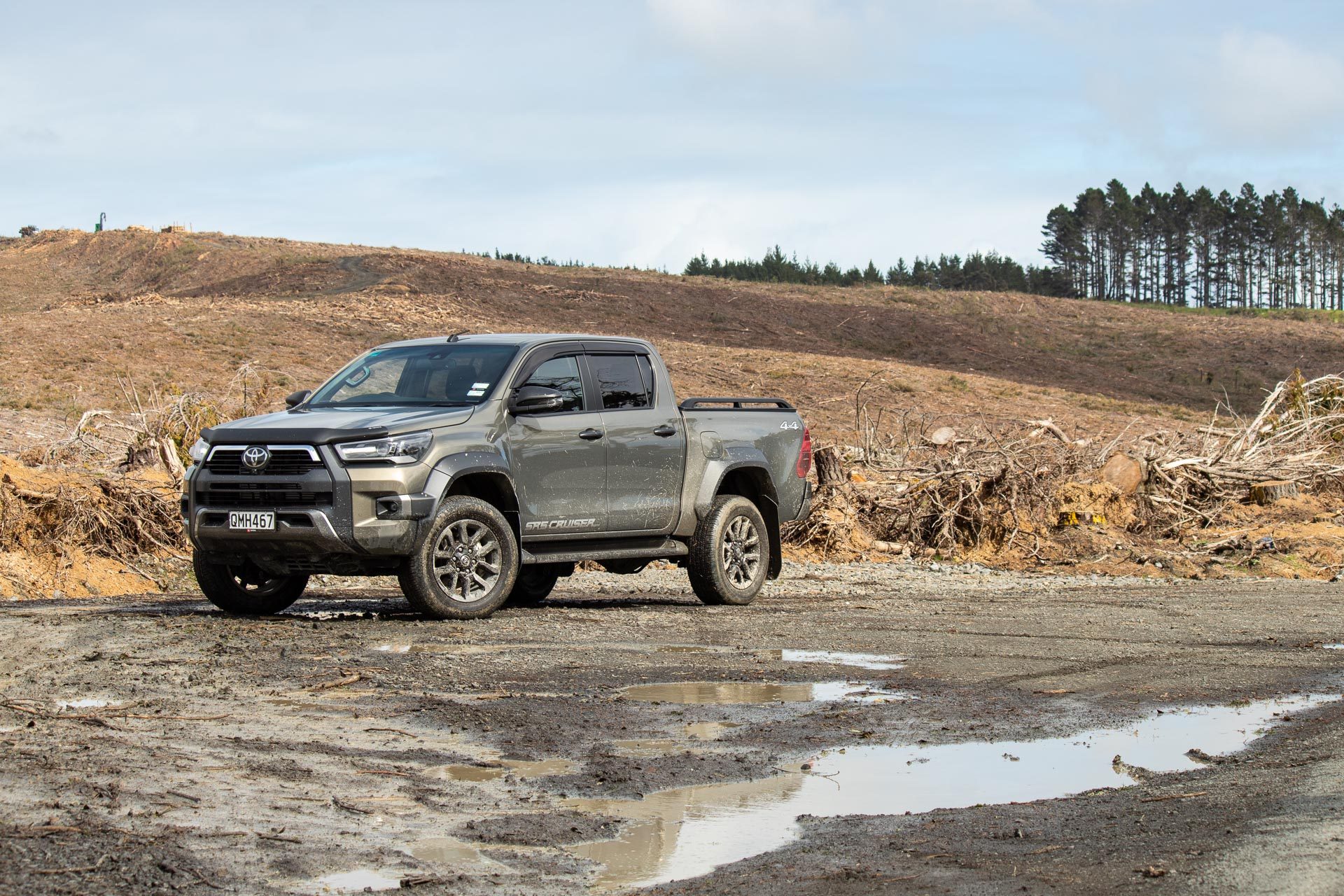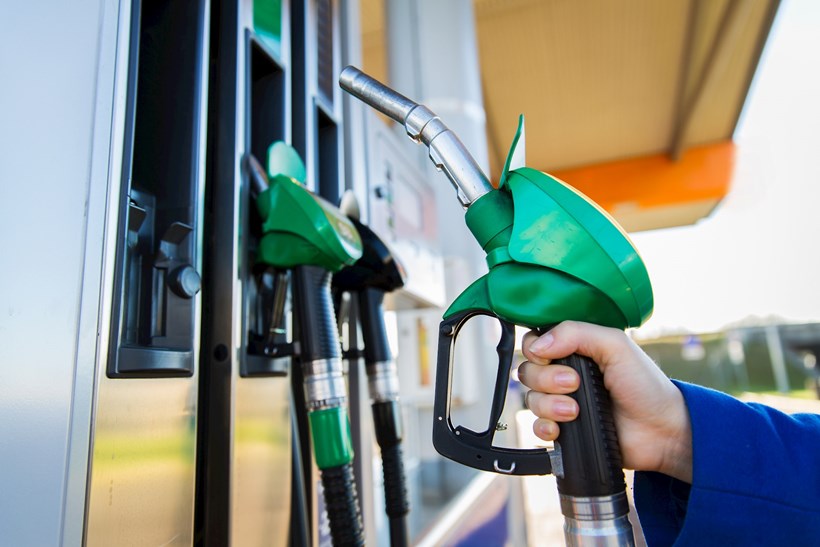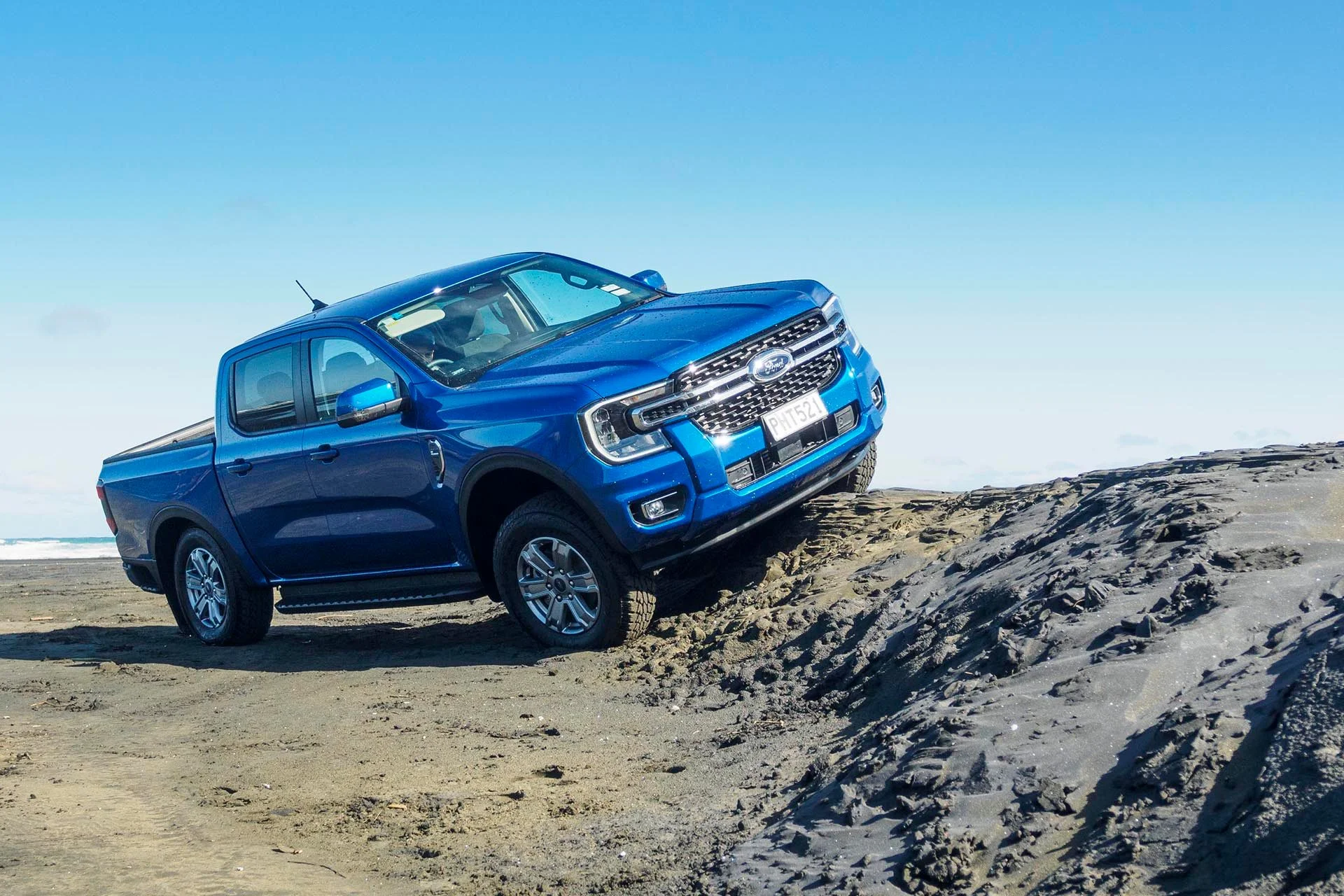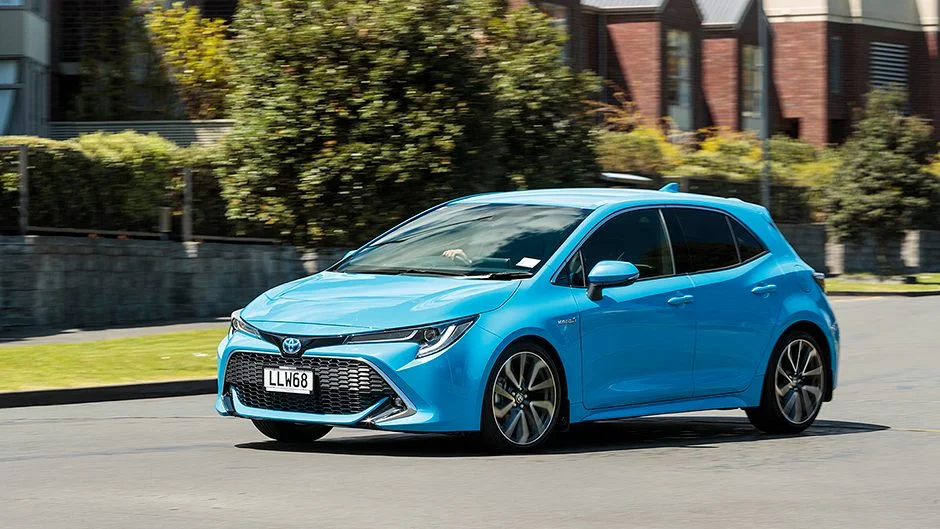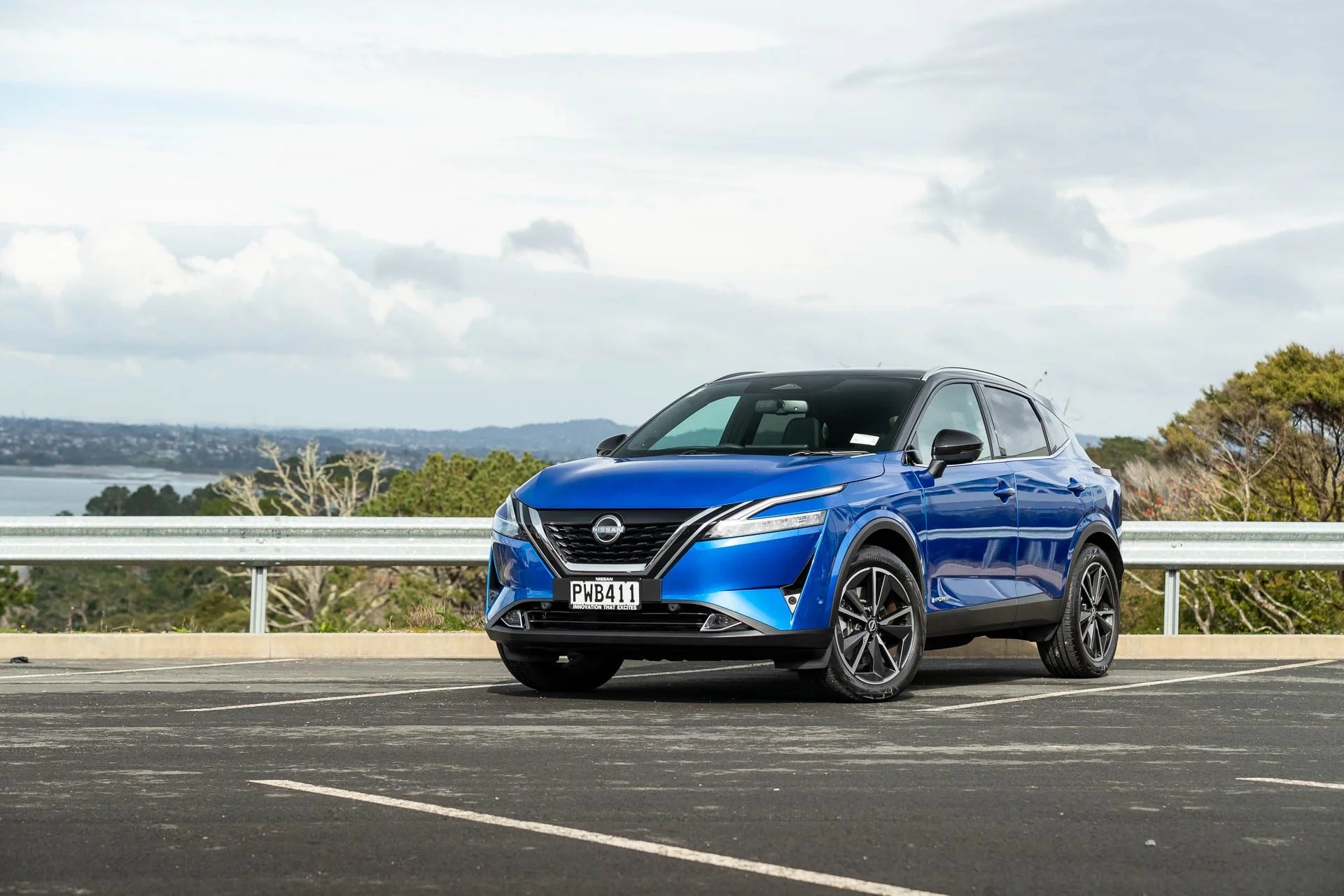Feature article
Diesel vs Petrol Vehicles in NZ
The combustion engine continues to power the bulk of the vehicles in New Zealand, fueled by petrol or diesel.

Diesel vs Petrol, what’s the difference?
Diesel on the outer
Does diesel still have a place?
Author
Other articles you might like
